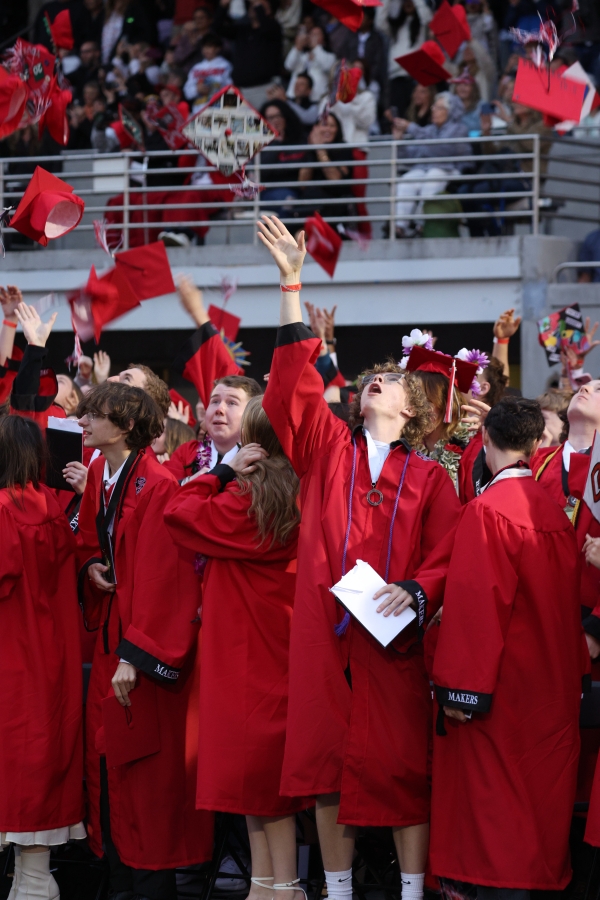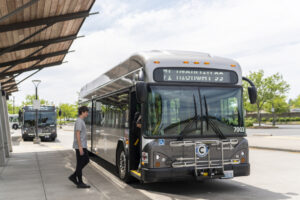A program for Clark County high school students to earn tuition-free college credits is actually delaying some from graduating.
In the past few years, a handful of Camas and Washougal students didn’t graduate from high school on time while participating in Clark College’s Running Start program.
“I think there’s an academic component, but I also think there’s a social and emotional readiness (element) as well that we’re seeing — and sometimes not seeing,” Camas School District Superintendent John Anzalone said. “I know for Camas, we have seen quite a few students really struggle with one or both of those aspects.”
He and Washougal’s superintendent said the Family Educational Rights and Privacy Act prevents high school officials from learning a student is failing a class at Clark until it’s too late.
Under the law, once students enter a postsecondary school at any age, the colleges will not disclose their grades to parents, guardians or anyone else without student authorization, according to the U.S. Department of Education.





